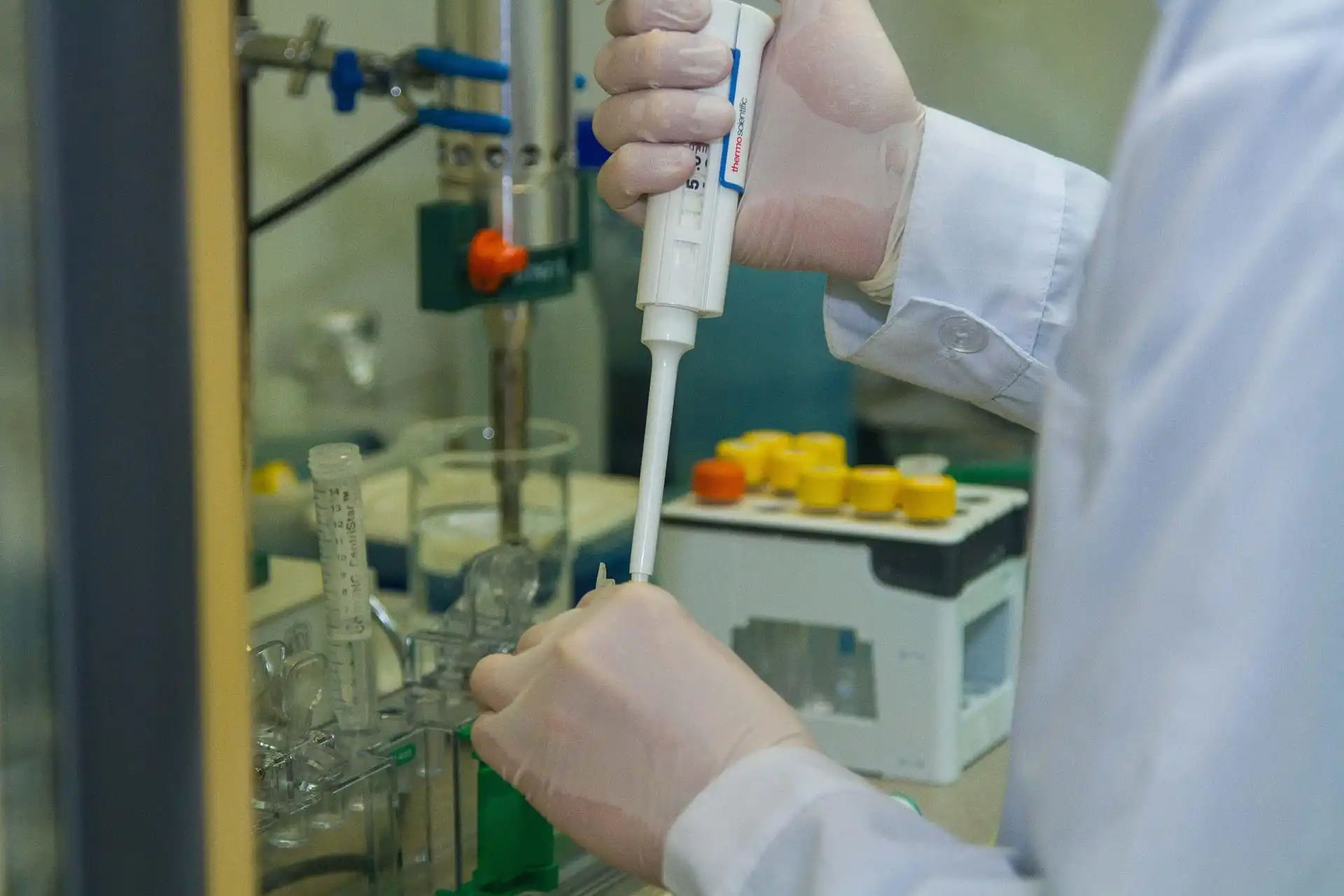
Photo by David Clode
The pharmaceutical industry plays a crucial role in improving human health by developing and manufacturing various drugs and medications. Among the many chemical compounds used in pharmaceuticals, acids hold a significant place. Acids are versatile compounds with diverse applications in drug synthesis, formulation, and quality control. In this article, we will explore different types of acids commonly employed in the pharmaceutical industry and their various functions.
- Hydrochloric Acid (HCl)
Hydrochloric acid is a strong, corrosive acid widely used in the pharmaceutical industry. Its primary role is in the purification and extraction of active pharmaceutical ingredients (APIs). HCl is employed in acid-base reactions to convert organic compounds into their salt forms, making them more soluble in water. Additionally, it is utilized for pH adjustment in drug formulations, ensuring the desired acidity or alkalinity.
Want to buy GMP API pharmaceutical ingredients ?
MedicaPharma ensures access to GMP active pharmaceutical ingredients across multiple resilient global supply chains. Click here to view a full GMP API product list.
MedicaPharma is capable of supplying all GMP materials needed; our experience with sourcing materials that are difficult to obtain makes us the ultimate choice; just challenge us, we will find any material you need.
Add your Chemical Name below and click GO
Get your requested raw materials quotation
Table of Contents
2. Sulfuric Acid (H2SO4)
Sulfuric acid, a highly concentrated and powerful acid, finds applications in pharmaceutical manufacturing, particularly in the production of various chemicals and intermediates. It is employed in esterification reactions, dehydration processes, and as a catalyst in some chemical transformations. However, its strong corrosive nature demands careful handling and storage.
- Acetic Acid (CH3COOH)
Acetic acid, a weak organic acid, plays a crucial role in pharmaceuticals as a solvent, pH adjuster, and reagent. It is commonly used in the preparation of acetylated pharmaceuticals, as well as in the synthesis of acetyl derivatives of various drugs. Acetic acid is also employed in the formulation of oral solutions and as a stabilizing agent in vaccine production.
- Citric Acid (C6H8O7)
Citric acid is a natural acid found in citrus fruits and is widely used in the pharmaceutical industry as an acidulant, preservative, and buffering agent. It is often utilized in the formulation of effervescent tablets and syrups to provide a pleasant, tart taste. Additionally, citric acid helps maintain the stability of certain drugs by preventing oxidation.
- Phosphoric Acid (H3PO4)
Phosphoric acid is employed in pharmaceuticals primarily for pH adjustment and as a buffer in various formulations. It is commonly used in the preparation of phosphate-buffered saline (PBS) solutions for cell culture and in the manufacture of phosphate-based drug products. Phosphoric acid also finds applications in the production of phosphates, which are essential components of bone health supplements.
Get your requested raw materials quotation
6. Nitric Acid (HNO3)
Nitric acid, a powerful oxidizing agent, has applications in the pharmaceutical industry, particularly in the synthesis of nitrate salts and nitro compounds. It is used in the production of nitroglycerin, a key ingredient in cardiovascular medications. Nitric acid also plays a role in the quality control of pharmaceuticals through acid digestion for elemental analysis.
- Hydrofluoric Acid (HF)
Hydrofluoric acid is a highly corrosive and dangerous acid used sparingly in the pharmaceutical industry due to its extreme reactivity. It is employed in specialized applications, such as the etching of glassware for laboratory use. Extreme caution is required when handling hydrofluoric acid due to its severe health hazards.
- Lactic Acid (C3H6O3)
Lactic acid is a naturally occurring organic acid found in various foods and is used in the pharmaceutical industry as a pH adjuster and excipient in drug formulations. It is often employed in the production of biodegradable polymers for drug delivery systems and as a chiral auxiliary in asymmetric synthesis reactions.
- Tartaric Acid (C4H6O6)
Tartaric acid is utilized in pharmaceuticals as a chelating agent, pH adjuster, and stabilizer for certain drug formulations. It is commonly used in effervescent tablet preparations and in the racemization of optically active compounds during drug development.
- Folic Acid (C19H19N7O6)
Folic acid, also known as vitamin B9, is an essential nutrient and pharmaceutical ingredient. It is used in the production of various drugs, especially those related to prenatal care and the treatment of anemia. Folic acid supplements are widely prescribed during pregnancy to prevent neural tube defects in newborns.
Where to Buy GMP-Grade CDCA
MedicaPharma is an EU-based API supplier and distributor that leverages relationships with the world’s leading manufacturers to provide clients and partners with high-quality GMP-certified APIs and raw materials. Click here for a product list.
Conclusion
Acids play diverse and essential roles in the pharmaceutical industry, from drug synthesis and formulation to quality control and stabilization. Each type of acid has its unique properties and applications, contributing to the development of safe and effective pharmaceutical products. However, it is crucial to handle these acids with care and in accordance with strict safety protocols due to their corrosive and potentially hazardous nature. As pharmaceutical research continues to advance, the importance of acids in drug development and manufacturing remains significant, ensuring the continued improvement of human health and well-being.



















